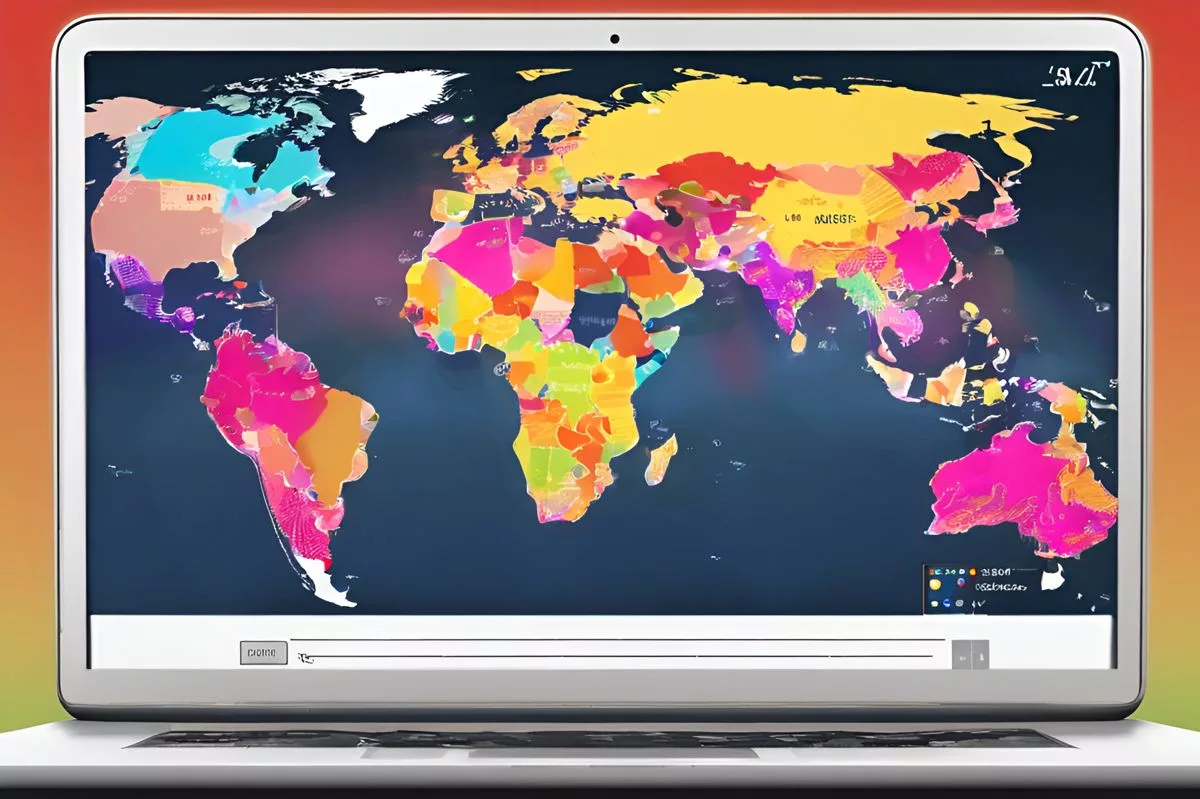The deadline for written submissions for the General Intelligence Laws Amendment Bill has been extended to February 15, 2024, to allow for greater public involvement in the democratic process. The Ad Hoc Committee overseeing the bill has emphasized the need for inclusivity and transparency, and public hearings have already begun in Musina, with more planned for Tzaneen and Lephalale on January 23 and 24, 2024. While the Committee is constricted by a tight deadline and cannot extend it further, interested parties are encouraged to make use of the current extension to contribute their opinions.
The Prolonged Deadline for the General Intelligence Laws Amendment Bill
The Ad Hoc Committee supervising the General Intelligence Laws Amendment Bill has extended the deadline for written submissions from January 31 to February 15, 2024. This move aims to facilitate thorough public involvement, emphasizing the democratic principles that guide the Committee’s legislative approach. The public hearings have begun, and the Committee is accepting written submissions from interested parties to utilize the current extension effectively.
In the current era, characterized by swift technological progress and digital revolution, the significance of governmental intelligence agencies has escalated significantly. Set against this context, the introduction of the General Intelligence Laws Amendment Bill has sparked lively interest. It has led to numerous appeals for an extended deadline for written submissions from different groups and individuals. Demonstrating its commitment to democratic operations, the Ad Hoc Committee supervising the General Intelligence Laws Amendment Bill has positively responded to these pleas.
Consideration of the Holiday Season
The initial deadline for written submissions was established for January 31, 2024. However, the Committee took into account the importance of the holiday season in mid-December 2023, when the original announcement was made. Considering this, it was deemed wise to extend the deadline to February 15, 2024. This change offers the public an ample two-month period to deliver their written submissions, thus expanding democratic participation whilst acknowledging the holiday season.
A Move Towards Inclusivity
This choice to prolong the deadline carries the distinctive characteristic of inclusivity. It aims to facilitate thorough public involvement, emphasizing the democratic principles that guide the Committee’s legislative approach. As of today, the Committee’s mailbox has seen a notable response, with a whopping 6,000 written submissions received. This incredible surge of public interest and civic engagement illustrates an informed and proactive populace, fully aware of the vital role of intelligence laws in this digitally globalized age.
Citizen Engagement in Law-Making
The public hearings, symbolic of the democratic process, have begun at Musina, Limpopo, in the Musina Multi-Purpose Centre. Additionally, more hearings are planned in Tzaneen and Lephalale on January 23 and 24, 2024. By welcoming oral submissions, the Committee is fostering an environment of active citizenship. It promotes transparency and encourages dialogue, further reinforcing the democratic process.
Urgency Amidst Extension
However, time is a crucial factor in this democratic undertaking. The Committee is constricted by a stringent deadline, required to present its report to the National Assembly by March 1, 2024. This restriction limits the possibility of additional extensions, highlighting the need for interested parties to utilize the current extension effectively.
Submissions can be forwarded to the Committee Secretary, Ms. Alutho Sombexe. They can also be addressed to the Ad Hoc Committee on the General Intelligence Laws Amendment Bill, Parliament of the Republic of South Africa, or submitted through several online platforms, including WhatsApp and email. A dedicated online submission form has also been designed for this purpose.
Valuing Transparency and Participation
The journey of the General Intelligence Laws Amendment Bill represents the heart of democratic legislation. It’s a process that invites public involvement, appreciates a variety of perspectives, and values each input. It’s a process that doesn’t merely formulate laws but also contributes to the fabric of a democratic society.
As the Committee sifts through the myriad of written submissions, it’s impossible not to appreciate the splendor of democracy at work. A place where every voice is significant, and every opinion holds value. It presents a vivid image of a nation dedicated to shaping its intelligence laws. It serves as a reminder that the most resilient laws are those that emerge from the furnace of public involvement.
In conclusion, the extended deadline for the General Intelligence Laws Amendment Bill isn’t just about providing additional time. It reflects an operational philosophy that cherishes transparency, inclusivity, and participation. It’s about reinforcing the democratic dialogue and nurturing a culture of engagement. It’s about creating laws that are not merely dictated from the top but sculpted through a participatory process – a process that bears as much significance as the laws it helps to forge.
What is the deadline for written submissions for the General Intelligence Laws Amendment Bill?
The deadline for written submissions for the General Intelligence Laws Amendment Bill has been extended to February 15, 2024, to allow for greater public involvement in the democratic process.
Why was the deadline for the General Intelligence Laws Amendment Bill extended?
The deadline for the General Intelligence Laws Amendment Bill was extended to facilitate thorough public involvement, emphasizing the democratic principles that guide the Committee’s legislative approach.
Have the public hearings for the General Intelligence Laws Amendment Bill begun?
Yes, the public hearings for the General Intelligence Laws Amendment Bill have begun in Musina, with more planned for Tzaneen and Lephalale on January 23 and 24, 2024.
How can interested parties submit their opinions for the General Intelligence Laws Amendment Bill?
Interested parties can submit their opinions for the General Intelligence Laws Amendment Bill by forwarding them to the Committee Secretary, Ms. Alutho Sombexe, addressing them to the Ad Hoc Committee on the General Intelligence Laws Amendment Bill, Parliament of the Republic of South Africa, or submitting them through several online platforms, including WhatsApp and email.
Why is time a crucial factor in the democratic undertaking of the General Intelligence Laws Amendment Bill?
Time is a crucial factor in the democratic undertaking of the General Intelligence Laws Amendment Bill because the Committee is constricted by a stringent deadline, required to present its report to the National Assembly by March 1, 2024.
What is the significance of the General Intelligence Laws Amendment Bill in the current era?
The General Intelligence Laws Amendment Bill is significant in the current era because it is introduced in a time characterized by swift technological progress and digital revolution, where the role of governmental intelligence agencies has escalated significantly.












